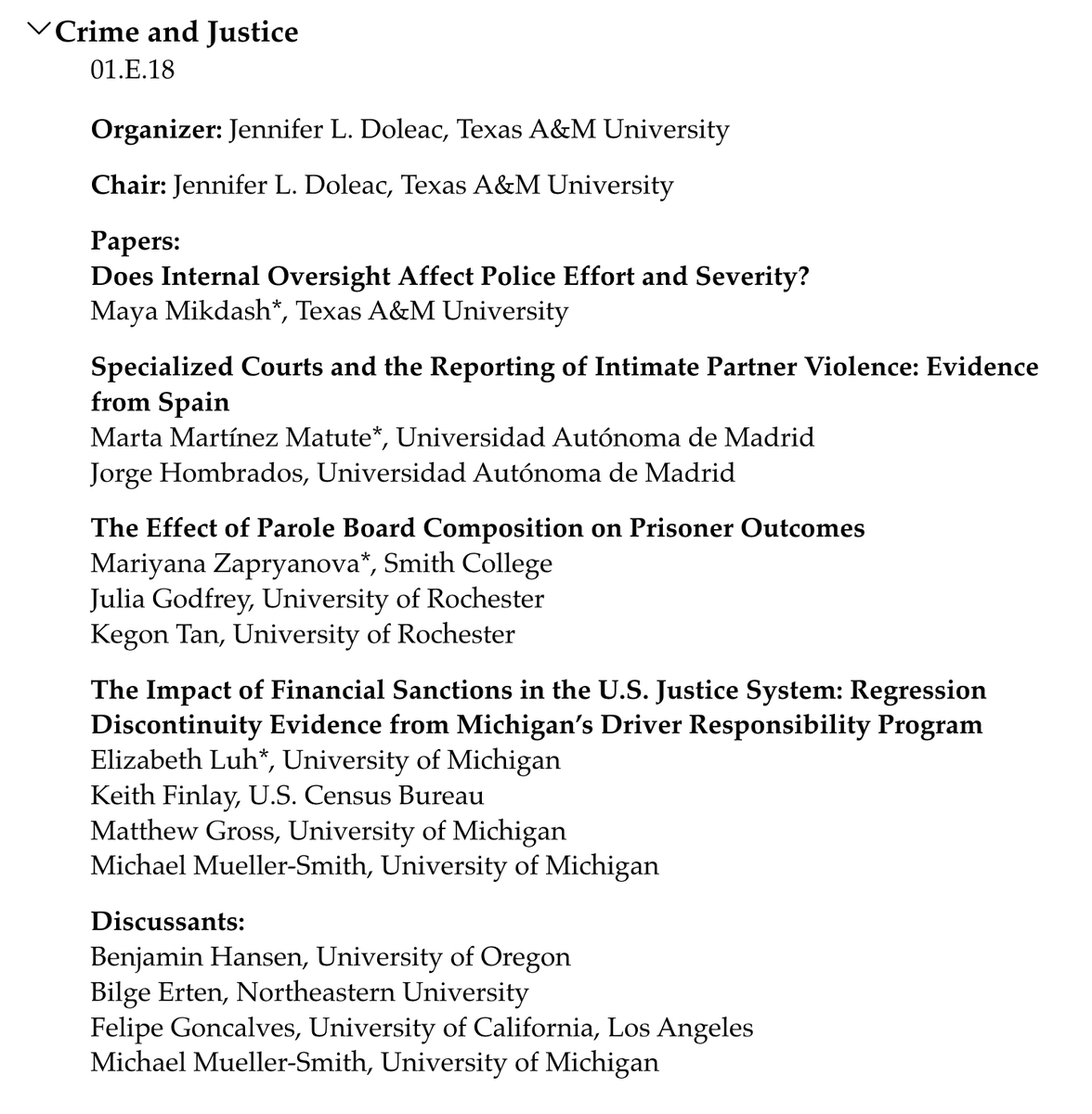If I am required to pay undergrad RAs $15/ hour, I will definitely hire fewer of them. Silver lining: less paperwork for me.
Ok enough pot-stirring for now; I'm muting this conversation.
Expand the EITC, folks.
Expand the EITC, folks.
Ok one more thing: If you're worried about college students struggling to make ends meet, the solution is not for professors to become their benefactors. The solution is to raise taxes on those who can afford it (like me) & provide more/better financial aid.
Lots of professors don't pay their RAs at all -- they give them course credit, or ask them to volunteer. This is because for undergrads this is essentially an apprenticeship.
I provide research opportunities at my lab for undergrads as a way to expose them to the research process, to facilitate the pipeline into academia. There are other more efficient, cheaper ways I could get the work done. The reality is their time is not (yet) worth $15/hour.
The question is what to do for people who want to get into a profession but don't yet have the skills to earn a living wage. Many of you clearly think a higher minimum wage is the solution to that problem. I disagree and can think of many alternatives that I think are better.
The point of my original tweet was that if I am forced to pay my undergrad interns $15/hour, I will consider the tradeoffs and offer those opportunities to fewer students. That seems like a bad outcome to me. I would prefer a different one.
Many talk about higher minimum wages as if they're a magical free lunch. We wish everyone made more money so let's just tell employers they have to pay more and poof problem solved without any sacrifices from anyone! That sort of thinking drives me crazy. There are always costs.
• • •
Missing some Tweet in this thread? You can try to
force a refresh










